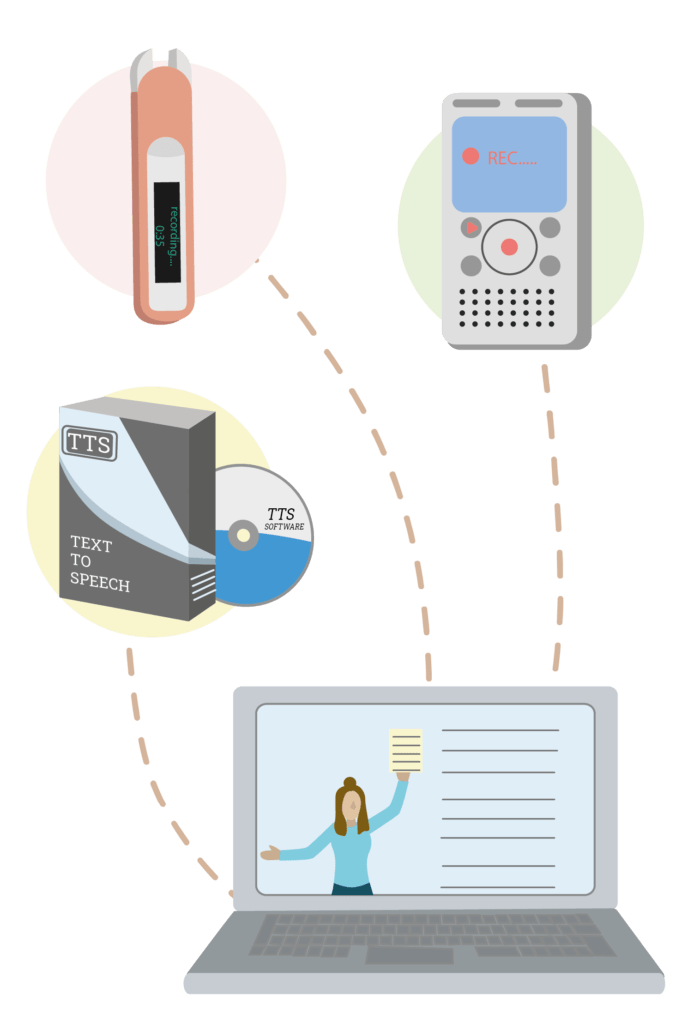Profile summary and neurodiversity insights
The communication profile implies an aptitude for work and activities that require information to be developed and passed on in a specific way. As well as possessing the skills of understanding and imparting information clearly and concisely, it may be that your ability reaches as far as being able to persuade others to agree.
While it is not uncommon for those within the associated neurodiverse community to be strong at either spoken or written communication, it is much rarer to enjoy and excel at both.
Empathy and patience can be common traits within neurodiversity but for those who can excel at written and spoken communications to also have these traits can make them particularly well suited to projects and work that range from learning and development, through support roles and into management as well.

Your Strengths

Career Paths

Your Work Preferences
Types of careers that are good a match to your strengths
- Journalism / Copywriter
- Engagement specialist
- Communications
- Relationship Management
- Learning and Development
- Human Resources
- Public Relations/Affairs
Learning Styles

Audial / Vocal
Visual
You may be very visually oriented in your approach to receiving and giving information. This means that even when you are dealing with purely textual information your vision of it is more three-dimensional. You are able to remember text by visualising the page or list, similar to someone with a photographic memory. You may be able to remember facts by their colour, size, or even by their position on the page.

Challenge Areas
Support Available

Workplace needs assessments
Workplace Needs Assessments provide the opportunity for an employee to express their experiences of work related barriers. A report is then produced to inform and educate Management and HR providing clear recommendations of reasonable adjustments.
You can book one hereInterim support
There are many occasions when a one-off intervention or support arrangement may be required. This can include scribing or supporting during an assessment or interview for specific candidates. It may be necessary to provide a workshop or seminar for colleagues in order to inform them of specific traits or behaviours that may be present and how best to assist the individual to reach their potential.
You can book one here

Assistive technology and training
There is a host of technology specifically designed to handle difficulties such as:
Personal mentoring for the improvement of fundamental skills.
We all have strengths and weaknesses. It can be very beneficial to chat things through with a mentor. Personal coaching or mentoring can assist with developing more robust strategies for addressing those less developed skill areas. Roche has a mentoring scheme available to all employees and Occupational Health experts for specific work-place improvements/adjustments. These employees are trained to support individuals with their individual needs, ranging from how to talk to colleagues and line managers through to time management and scheduling
You can book one here

Disclosure and self-advocacy
Disclosing to your HR department can be a key step in order to ensure that you have access to support and services. Even if you did not disclose face-to-face or explain on any initial Occupational Health documentation, it is never too late to inform HR of Neurodiversity just so that they are already aware if it becomes relevant in the future.
Disclosing to line management is highly recommended because it will allow you to candid in scheduled catch-ups. It will no longer be so out of place to express an issue or as embarrassing to request an unscheduled chat. This approach is just as helpful to line managers because it gives them the opportunity to appropriately address some issues that may otherwise be handled indelicately.
Disclosing to colleagues often occurs naturally over time but if a critical issue occurs before that point, the disclosure process can feel forced or negative. Even if your specific Neurodiversity is not shared, it can be a great help to inform others of any issues so that they can learn or understand any differences.
